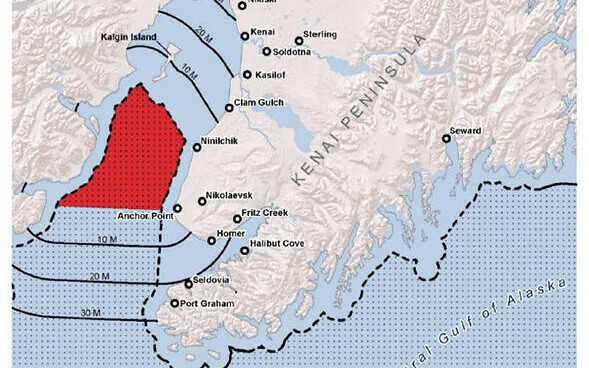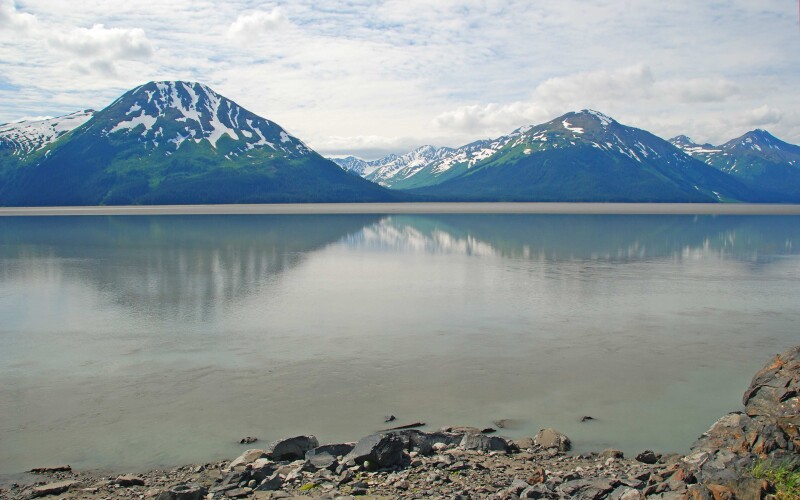According to a letter addressed to NMFS, the State of Alaska has substantial concerns with the proposed federal management of the Cook Inlet Exclusive Economic Zone (EEZ). Doug Vincent-Lang, Department of Fish and Game commissioner, signed the letter. He stated that he submitted on behalf of the state in response to a request for public comments NOAA opened regarding the proposed rule.
The rule would implement federal management on commercial and recreational salmon fishing in the Cook Inlet EEZ, previously subject to state regulation. Public comments on the proposal were accepted through Dec. 18. The letter will be included in the Alaska Board of Fisheries' upcoming meeting on Upper Cook Inlet Finfish. The meeting will be held in Anchorage from Feb. 23 to March 6, and a discussion of the proposed federal management plan is scheduled for the first day of the meeting, according to Homer News.

Information published by NOAA Fisheries in October stated that the proposed change would implement new requirements for commercial drift gillnet vessels within the EEZ. The zone runs from Kalgin Island to Anchor Point. Commercial fishing would only be permitted on Mondays and Thursdays from 7 a.m. to 7 p.m., beginning on or after June 19, until the total allowable catch is taken or Aug. 15.
“North Pacific Fishery Management Council will work with AK to coordinate the management of state and federal salmon fisheries harvesting the same stocks to the extent practicable to avoid overfishing and minimize disruption to all Cook Inlet salmon harvesters.” states the amendment. It also states that commercial fishing vessels will need a federal permit, maintain a fishing logbook, and have a monitoring system installed onboard.
The Department of Fish and Game response letter reads, “it conflicts with State conservation and management measures intended to protect weak stocks and achieve allocation policies established by the Alaska Board of Fisheries. The proposed Federal program utilizes tools not developed for salmon management, abandons long-standing management practices of the State for conservation and allocation purposes, and places the burden of conservation entirely on the State if pre-season catch limits are over-forecasted.”
The letter supports the decades of experience of the Cook Inlet drift gillnet fishery. It emphasizes that the fishery should be managed for in-season run strength to prevent over-harvesting weak stocks. They believe that such changes could jeopardize sustainability and result in overfishing.
“This could result in failure to meet escapement goals, new Stock of Concern designations, and unfair shifts in the burden of conservation restrictions to individuals and businesses that do not participate in the Federal fishery,” the letter reads.
The full letter can be found here.







